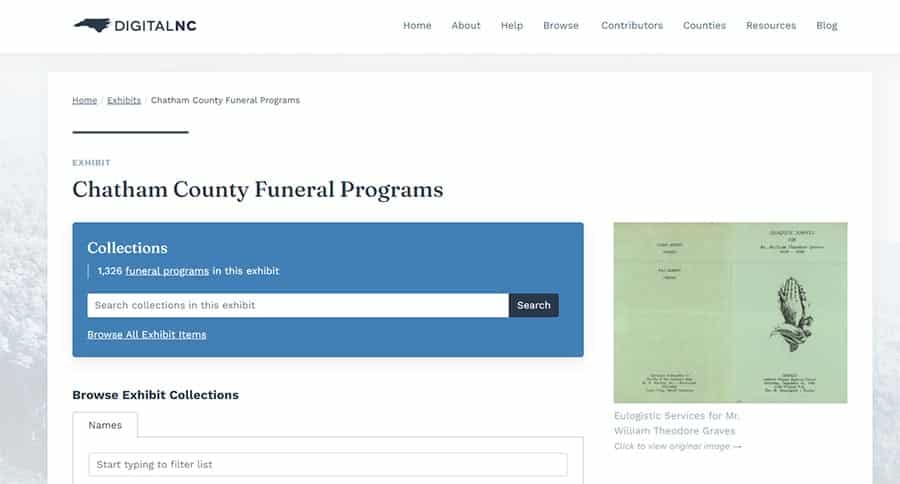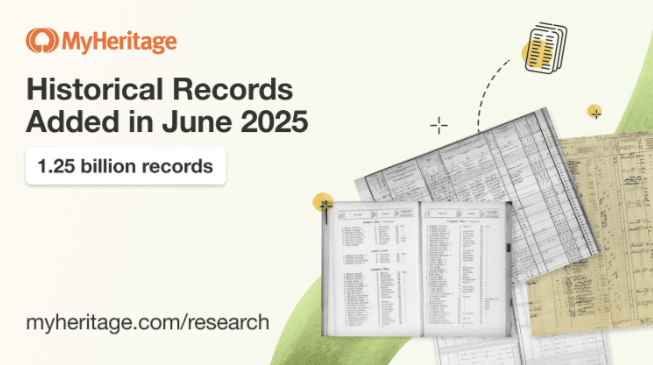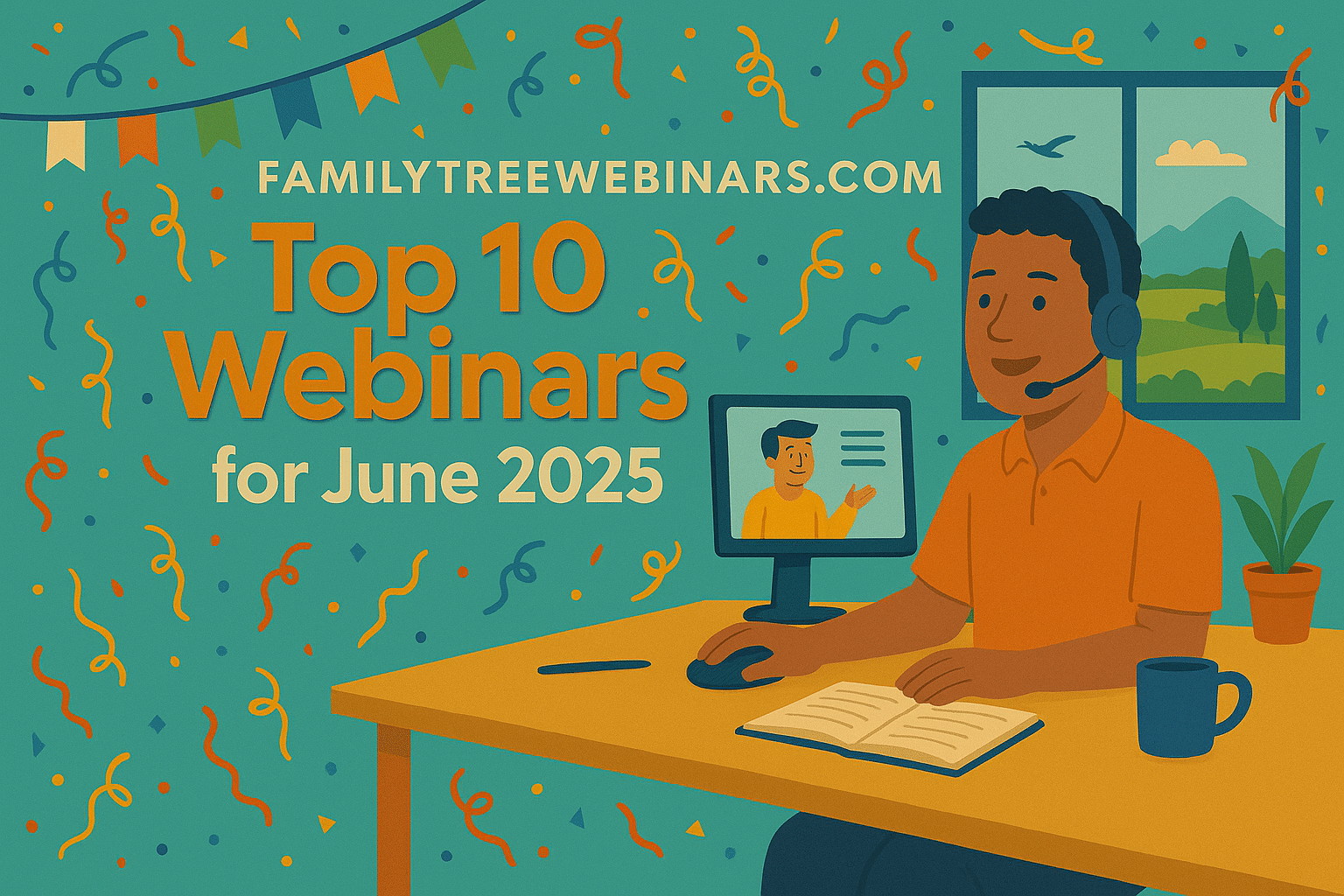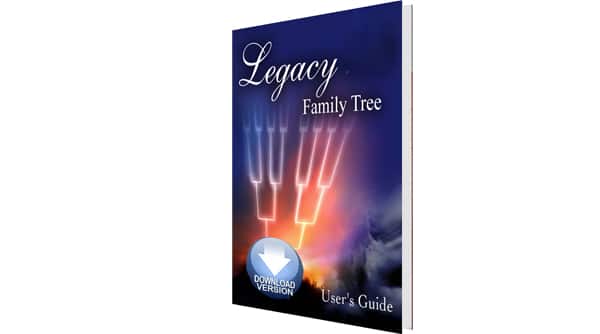Your cart is currently empty!
African American Funeral Programs: A Brief Introduction
It's not unusual to receive some remembrance when you attend a funeral. Historically, giving gifts and feeding mourners was essential to the funeral. As technology advanced, the ability to print invitations, programs, and cards allowed the mourner to be provided with something to remember the deceased by and learn more about their life.
One example of this is found in African American Funeral Programs. Michelle J. Pinkard's article, A Conversation with Aunt Carol: The Fluid Functionality of Funeral Programs in African-American Culture, explains the importance of funeral programs in the African American community for various reasons. Regarding a Texas collection, she writes, " …the obituaries of Blacks were generally not published in mainstream newspapers in San Antonio until the late 1950s and 1960s." [1]Funeral programs provide a rich information resource for a marginalized community lacking genealogical records like obituaries.
These programs can contain genealogically relevant information and names of people in the deceased's FAN Club (Friends, Associates, and Neighbors). Today, a growing collection of these programs can be found online.
Funeral Program Digital Collections
Funeral program digital collections exist on numerous websites. Below are some examples:
West Feliciana Public Library – The West Feliciana Digital History Archive- African American Funeral Collection currently includes 84 funeral programs for West Feliciana, Louisiana Parish. Initially a donation of one man, the Library asks others to donate to their archive. The website states:
African American Funeral Programs provide extensive genealogical information about the deceased, including birth and death dates, maiden names, names of relatives and friends, and place of burial. In addition to genealogical information about the deceased, the documents may contain employment information, educational history, church memberships, professional affiliations, and personal and professional accomplishments. This data can otherwise be hard to find, particularly for marginalized populations.
You can find this collection at https://www.wfplibrary.org/post/wfdigitalhistoryarchive-african-american-funeral-programs-collection.
The Chatham County Historical Society (North Carolina) – African American Funeral Collection includes 1,326 funeral programs from Chatham County. Funeral programs can be searched or browsed at https://www.digitalnc.org/exhibits/chatham-county-funeral-programs/. Items are indexed by the person's name and their birth and death year. Of the collection, the Historical Society states:
In just a few pages, each program tells the story of a valued community member. There are tributes to housewives, nurses, military members, college professors, truck drivers, coaches, businessmen, and children. There are lodge members, Boy Scouts, Sunday-School teachers, choir members, athletes, and car club members. Revealed in the programs are interesting nicknames and touching personal anecdotes.
The programs are in the collection of the Chatham County Historical Association, and are made available online by UNC's Digital Heritage program. The Chatham County African-American Funeral Program Collection documents the lives and deaths of several generations of black Chatham County residents. Covering funerals held between 1957 and 2018, the programs typically contain an obituary, a list of surviving relatives, and the order of service. Many also contain a photograph of the deceased.
Once you find the program you're interested in, you can click the result, and then you will see a card-catalog description and a link to download the program. You can also view the digitized program online.
The Digital Library of Georgia offers the Atlanta Funeral Programs Collection. The programs in this digital collection date from 1886-2019 and are housed at the Auburn Avenue Research Library on African American Culture and History. The website states that the collection includes
Over 3300 funeral programs documenting the funeral services of Georgia residents, primarily from the Atlanta, Georgia area. Most of the programs are from services held during the late twentieth and early twenty-first centuries. A majority of the programs are from churches in the Atlanta, Georgia area, with a few programs from other states such as South Carolina, Tennessee, Florida, Michigan, New Jersey, and New York, among others.
Archives and libraries aren't the only repositories collecting, digitizing and making available funeral programs to researchers. One example of a genealogy society working on such a project is the California African American Genealogical Society. Obituaries are also included in this collection.
How to Find Other Collections
I've only spotlighted a few of the possible funeral program collections available online. A Google search on the keyword phrase "African American Funeral Program" will help you uncover more (you can also add a state name to that search to narrow it to your state of interest). Also, consider searching the Digital Public Library of America (DPLA). If the deceased's name is indexed, you might find it with a name search on their website. DPLA is a catalog of other repository catalogs, thus making it a "one-stop shop" for searches.
Professional genealogist, Diane L Richard gave a RootsTech presentation titled Funeral Programs –A 20th Century Goldmine that is available in the RootsTech Library. The accompanying handout includes links to other collections that will be of interest.
One last thing to consider. Many of these collections exist due to the generosity of donors who provide funeral programs they and their families have collected over the years for a repository's collection. If you have some funeral programs, consider donating to a collection that can digitize and make them available to the public for research.
[1] "A Conversation with Aunt Carol: The Fluid Functionality of Funeral Programs in African-American Culture" by Michelle J. Pinkard in Women and the Material Culture of Death. Edited by Maureen Daly Goggin and Beth Fowkes Tobin. New York: Routledge. 2016.
Gena Philibert-Ortega is an author, instructor, and researcher. She blogs at Gena's Genealogy and Food.Family.Ephemera. You can find her presentations on the Legacy Family Tree Webinars website.







Comments (0)